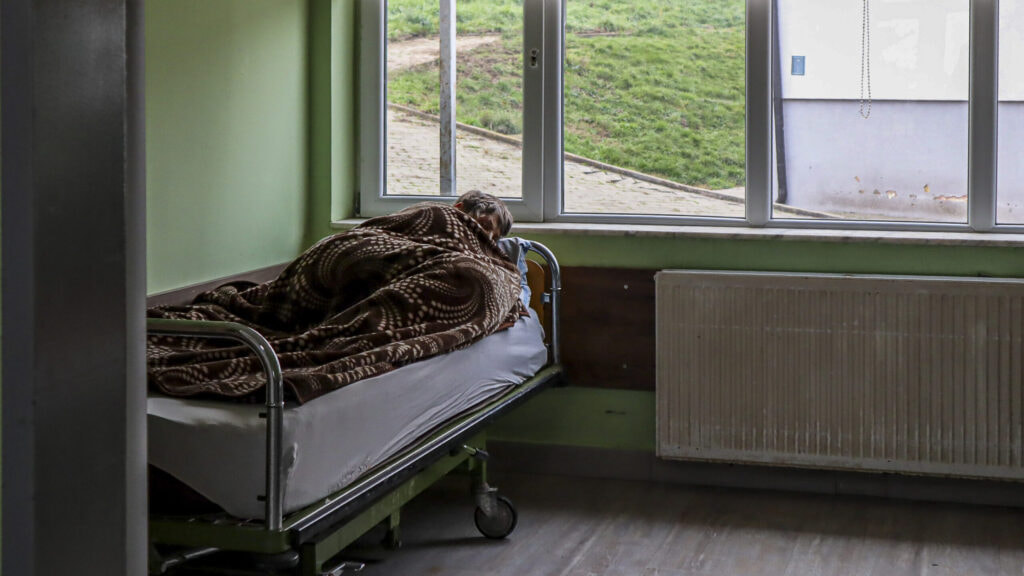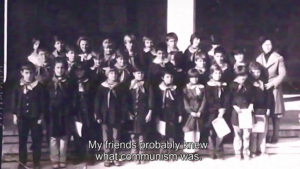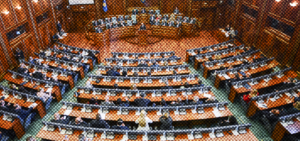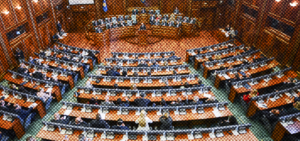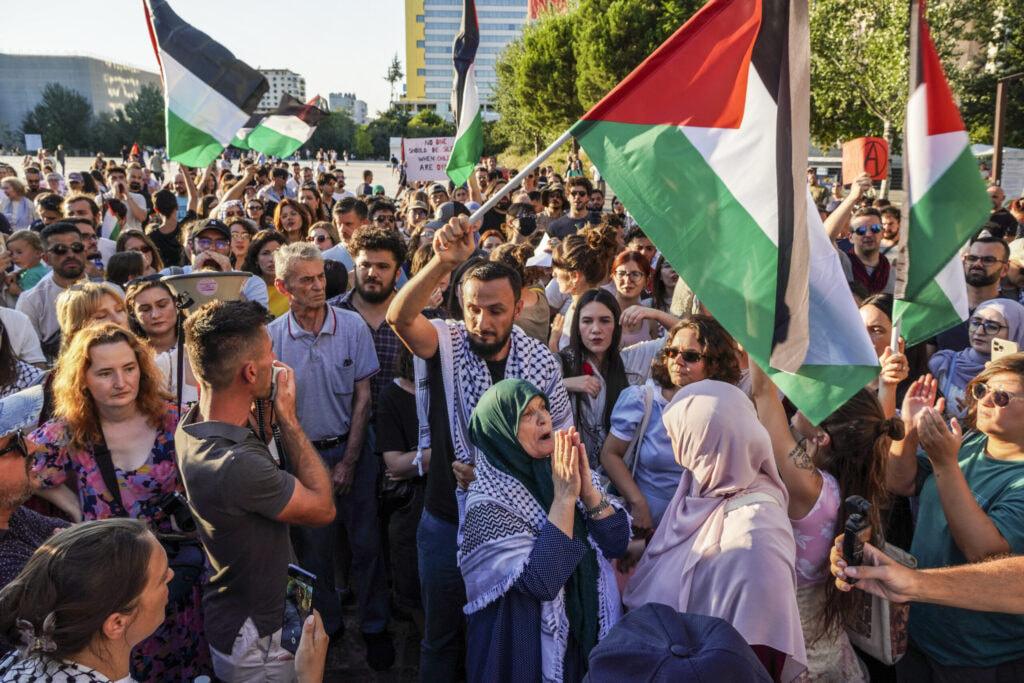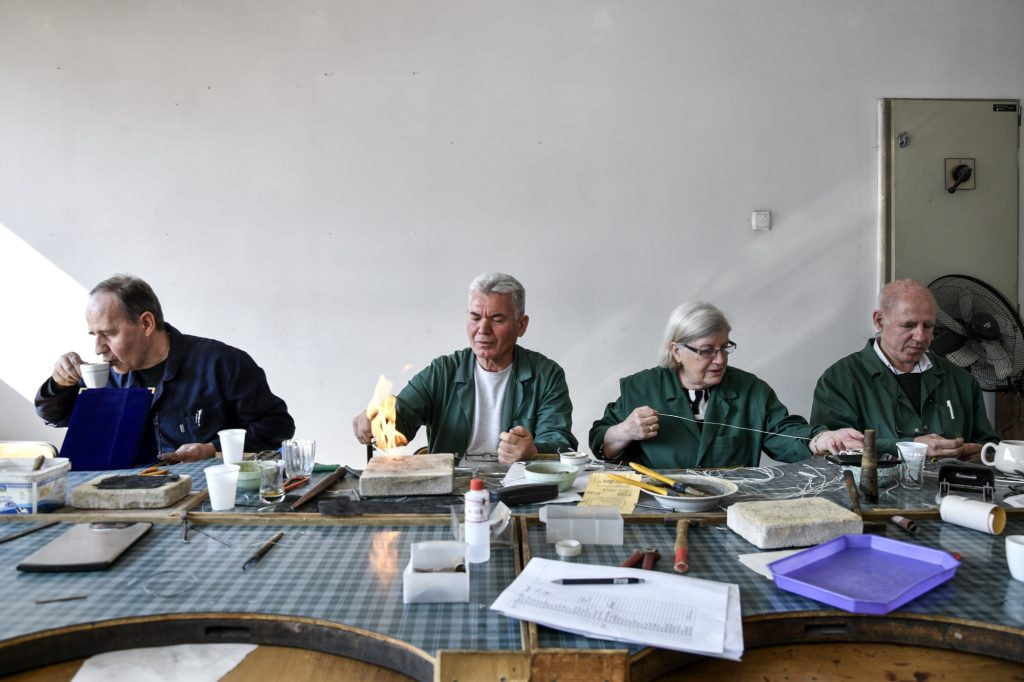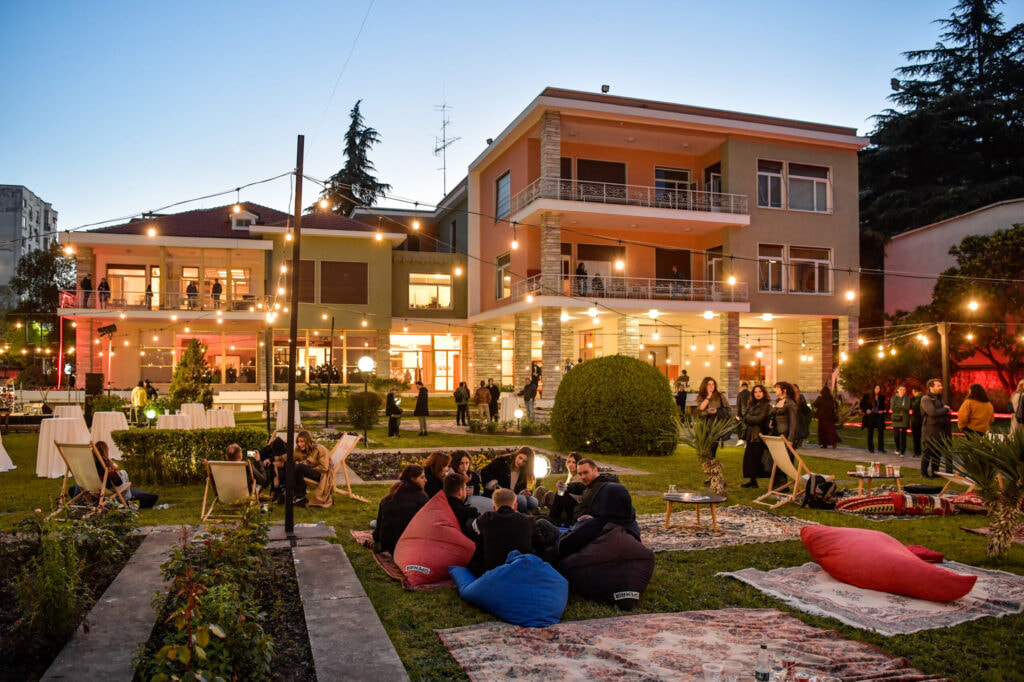
Women’s Anti-Fascist Front in Kosovo
Between emancipation and propaganda, and under conditions of survival
In-depth
More
The (de)institutionalization of mental health
A mental health system at the crossroads of community and isolation.
Blogbox
More
Pedaling beyond myself
How a bike ride from Vienna to Bratislava became a journey of rediscovering myself after motherhood.
Perspectives
More
Coded gender discrimination
Artificial Intelligence reproduces inequalities against women.
Videos
More
Recommended
The silences and noises of a decade
Become a member of HIVE or consider making a donation.
Photostories
Explore more
Become a member, support our journalism.
At Kosovo 2.0, we strive to be a pillar of independent, high-quality journalism, in an era where it is increasingly challenging to uphold these standards and pursue truth and accountability without fear.
To ensure our continued independence, we are introducing HIVE, our new membership model, which offers those who value our journalism the opportunity to contribute and become part of our mission.
